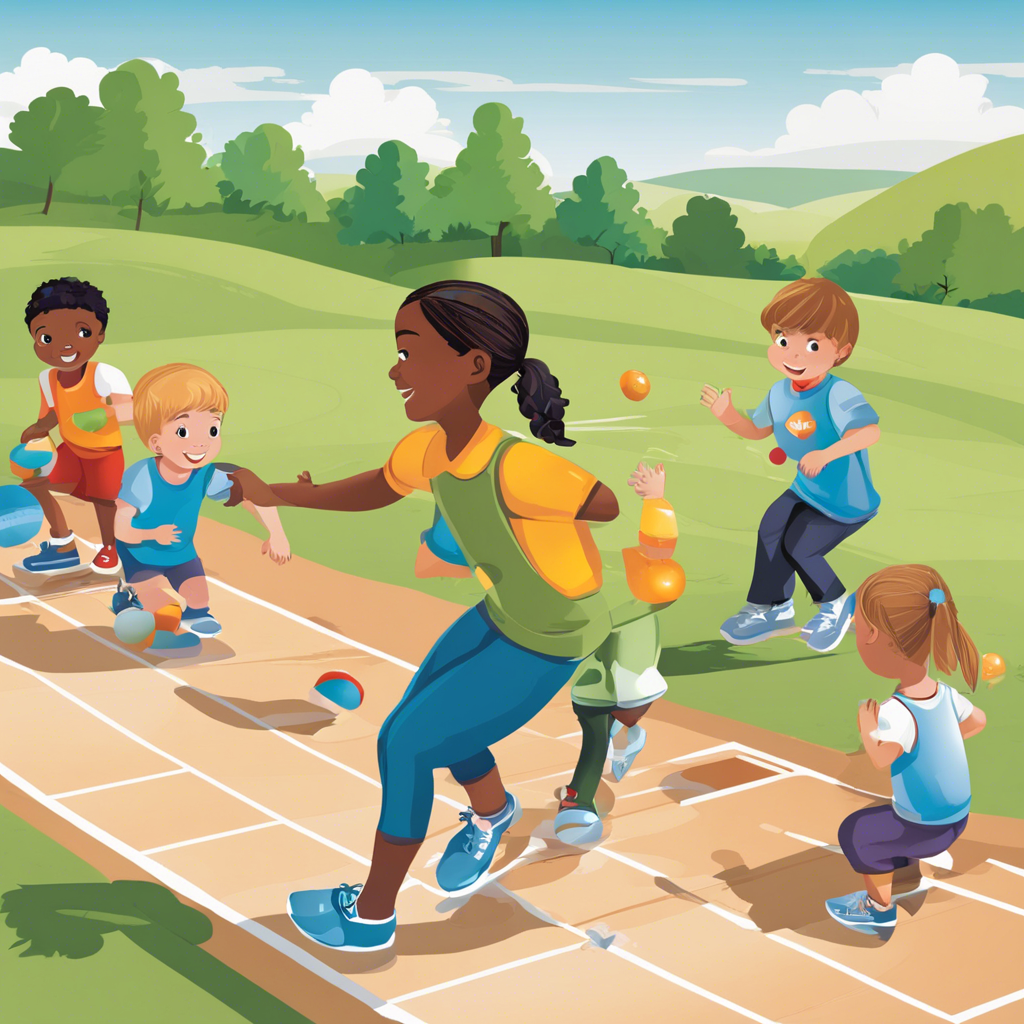Early socialization plays a pivotal role in shaping an individual’s personality, communication skills, and adaptability, and its impact reaches far beyond the initial stages of life, significantly influencing training effectiveness in various contexts. Understanding this connection is essential, particularly for educators, human resource professionals, and anyone invested in personal development. When individuals engage in early and frequent social interactions, they build a foundation that impacts their ability to learn, collaborate, and adapt to new environments later in life. This article explores the multifaceted ways in which early socialization experiences can affect one’s responsiveness to training and education.
The foundation of socialization begins in childhood and adolescence, where individuals develop their initial social skills and emotional intelligence. During this period, experiences with family, friends, and early educational settings lay the groundwork for how individuals perceive and interact with the world. Positive socialization, characterized by supportive relationships and effective communication, fosters confidence, empathy, and problem-solving skills. These early interactions contribute to emotional intelligence, a vital aspect of learning and adaptability. Emotionally intelligent individuals are better equipped to understand and manage their emotions, leading to improved self-awareness and more effective responses to feedback during training or educational programs later in life.
Research highlights that people who have experienced positive socialization in their early years often exhibit stronger interpersonal skills, making it easier for them to connect with peers, mentors, and trainers. This connection is vital for building a supportive learning environment, enhancing engagement, and fostering a sense of community within training settings. Such individuals tend to be more receptive to feedback, actively participate in group discussions, and demonstrate higher levels of initiative in their learning processes. The ability to forge meaningful connections with others creates a more conducive atmosphere for learning and growth, thereby maximizing the benefits derived from training programs.
Conversely, those who may have missed out on optimal early socialization opportunities or have had negative social experiences could face challenges in group settings. They might struggle with trust issues, self-esteem, or communication, which can impede their engagement in training. This lack of early social development may lead to feelings of isolation, making it harder for these individuals to interact with trainers and peers, thereby hindering their learning progress. For instance, individuals with limited or challenging early social experiences might require additional support to build rapport and feel comfortable in a classroom or training environment.
Recognizing the impact of early socialization is crucial in tailoring training approaches to meet diverse learner needs. Trainers and educators should employ strategies to create inclusive environments that cater to various socialization backgrounds. Techniques such as ice-breaking activities and team-building exercises can help establish a sense of community, especially for those individuals who may feel marginalized due to their socialization history. Tailoring training programs to accommodate different socialization levels ensures that everyone has an equal opportunity to benefit.
Moreover, leveraging technology can provide a platform for personalized learning experiences. Online training modules and virtual classrooms can offer a less intimidating environment for those with socialization challenges, allowing them to engage and learn at their own pace. Additionally, incorporating interactive tools and social media platforms can enhance social engagement and create a sense of community, further benefiting learners with diverse socialization histories.
In summary, early socialization profoundly influences how individuals respond to and benefit from training and education. Understanding this relationship can guide educators and trainers in developing more effective strategies, ensuring that learning experiences are inclusive and impactful for all participants, regardless of their socialization backgrounds. By addressing socialization-related issues, we can enhance the overall effectiveness of training programs, fostering a more engaged and receptive learning community.

